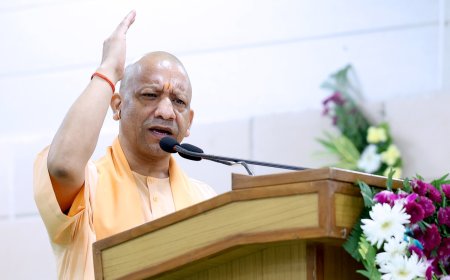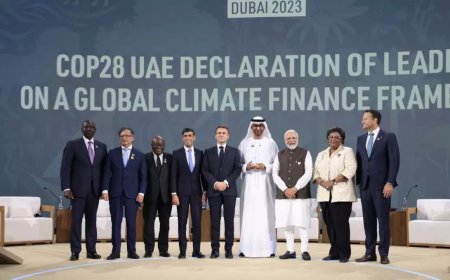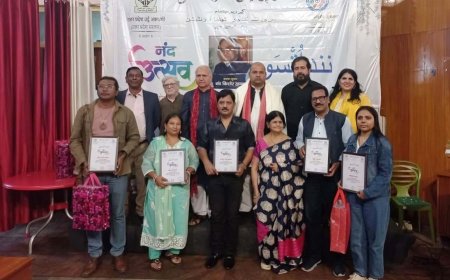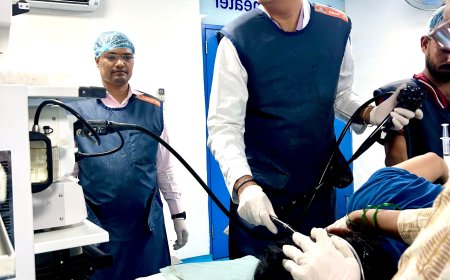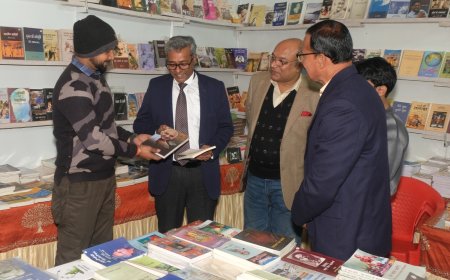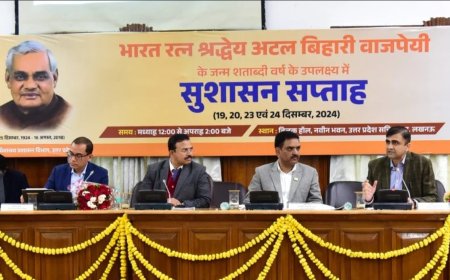India and Nepal Strengthen Regional Cooperation on Air Quality Management
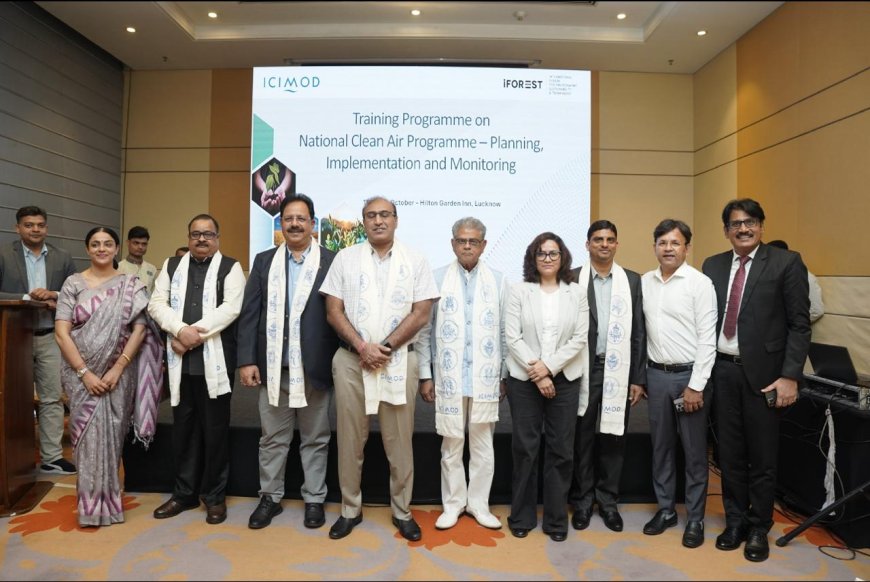
Lucknow - A two-day training program on "National Clean Air Programme (NCAP) - Planning, Implementation, and Monitoring" was held in Lucknow, bringing together around 40 participants from India and Nepal. The program aimed to strengthen regional cooperation, share India's clean air management experience, and build technical capacity in emission inventory, source apportionment, and city-level clean air action plans.
Regional Cooperation and Knowledge Sharing
The event was organized by the International Centre for Integrated Mountain Development (ICIMOD) in partnership with the International Environmental Sustainability and Technology Platform, with speakers from the Central Pollution Control Board, Government of India. The program fostered peer-to-peer learning and knowledge exchange in the Indo-Gangetic Plain and Himalayan Foothills (IGP-HF) region.
Key Highlights and Speeches
Dr. Arun Kumar Saxena, Minister of Environment, Forest, and Climate Change (Independent Charge), Government of Uttar Pradesh, appreciated the initiative, stating, "The knowledge exchange between India and Nepal is a great idea conceptualized by ICIMOD. Focusing on forests and urban greenery, in line with India's Prime Minister's ' Ek Ped Ma Ke Naam ' vision and Mission LiFE (Lifestyle for Environment) initiative, will significantly contribute to clean air and environmental improvement."
Anil Kumar, Principal Secretary, Energy and Climate Change Ministry, Government of Uttar Pradesh, highlighted that several cities in Uttar Pradesh have shown significant improvement in air quality and are ranked among the top three in the Clean Air Survey.
Ashish Tiwari, Action Area Lead, Air Pollution Mitigation Department, ICIMOD, emphasized, "Air pollution is a transboundary problem requiring regional convergence. This program is the first step towards fostering South-South knowledge exchange between India and Nepal."
A Step towards Clean Air and Healthy Communities
The training program marks a significant step towards strengthening science-based policy-making and regional cooperation for clean air and healthy communities across South Asia.
What's Your Reaction?













